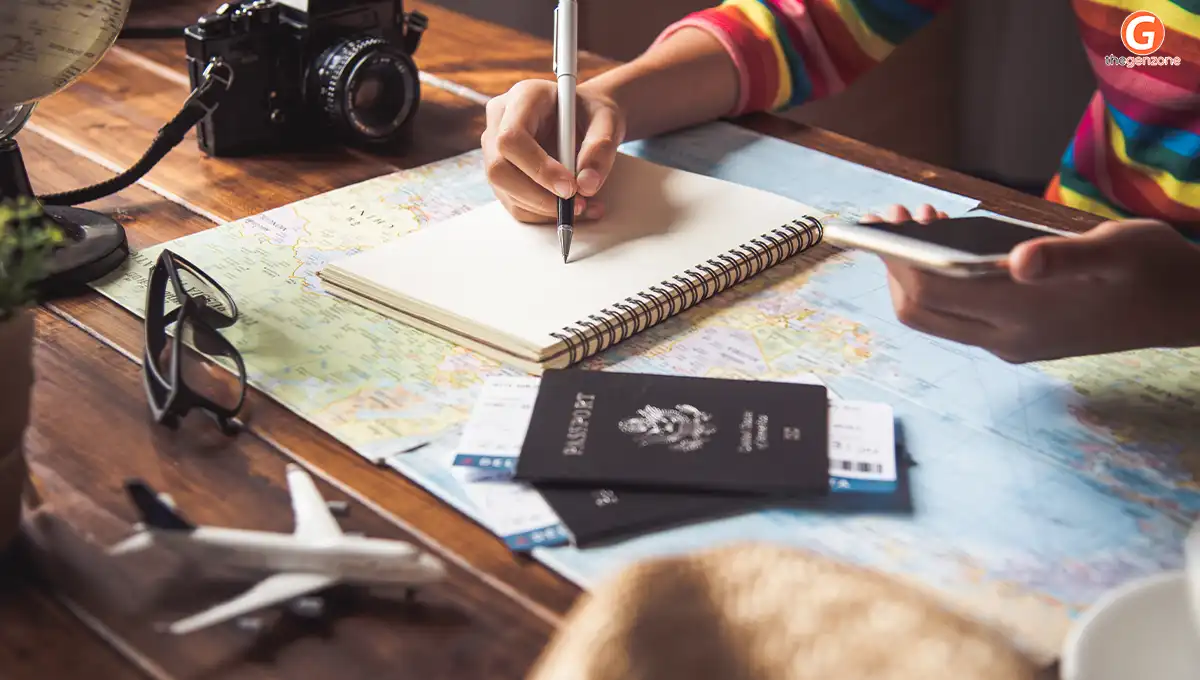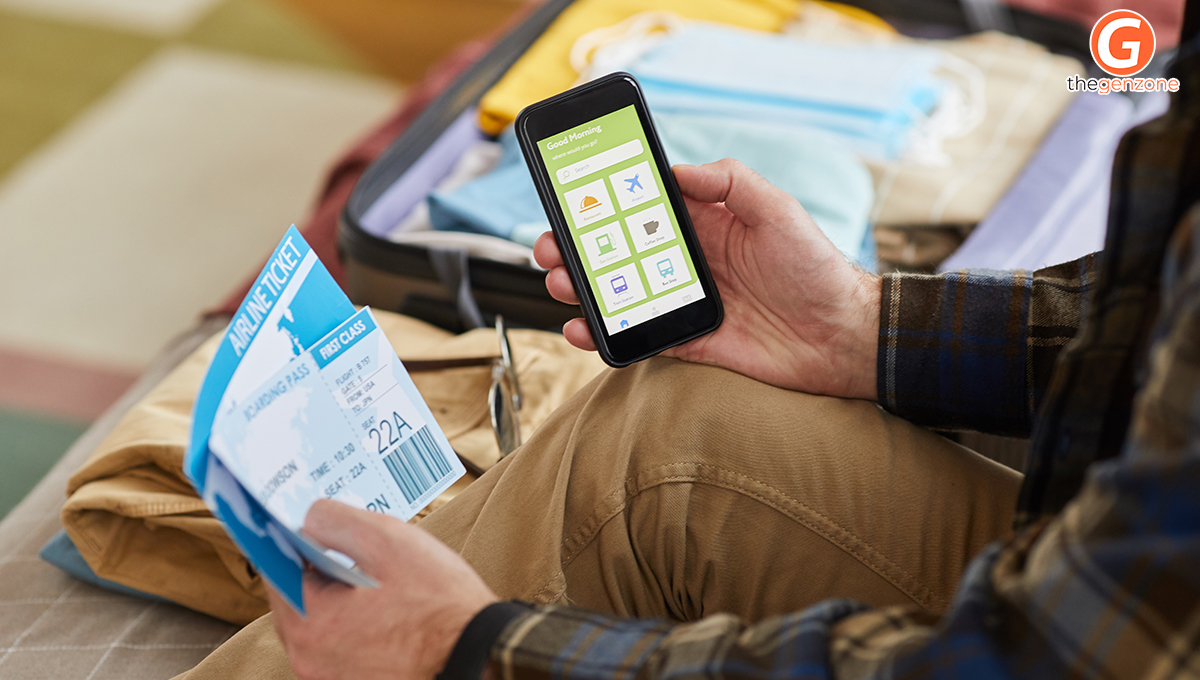
Travel planning tips for calm, smart, stress free trips
The best trips start before you pack. Use these travel planning tips to give your break a purpose, protect your wallet, and still leave space for surprise. With a clear goal and a few small systems, planning a trip stops feeling like tab juggling and starts looking like your perfect vacation on a normal budget.
Start with one purpose
Write one line: “This trip is for ____.” Rest, street food, museums, mountains—pick one or two. That single choice filters cities, dates, and daily plans. If you want quiet mornings, avoid festival weekends. If you want live music, check gig calendars first.
Set a budget you trust
Open a sheet with four buckets: travel, stay, food, experiences. Now run a travel budget calculator to sanity check totals. Book the big rocks early (flights or trains, first two nights). Add a 10 percent buffer for treats. Seeing the real number removes the “can we afford this” fog.
Pick close over famous
Time is part of the price. A four hour train that lands you by lunch beats a cheap flight that eats a day. Fewer transfers, more walking. You remember hours on a beach or in a gallery, not hours changing terminals.
Choose a great base
Read a recent city travel guide and shortlist three neighborhoods that fit your vibe. Map walking distance to breakfast, parks, and transit. A modest room in the right area beats a fancy lobby in the wrong one. Quiet at night is a travel superpower.
Build days as blocks
Two anchors per day is plenty: a morning plan, an afternoon plan. Evenings float. Pin everything in a travel planner app (cafés, trains, ticket links) and save maps offline. Group pins by area so you are not zigzagging across town.
Book the true chokepoints
Reserve only what sells out or sets the day: timed museums, a special meal, sunrise boats, mountain permits. Keep the rest open. Serendipity needs oxygen.
Pack small, move fast
Lay out what you want to carry, then remove a third. Two pairs of shoes that can walk ten thousand steps. A foldable tote for day runs. A tiny sink-wash kit. Light bags produce lighter days.
Keep documents double safe
Scan passport, visas, and tickets to the cloud and print one paper copy. Share a read-only folder with your travel buddy. If your phone dies, your plan does not.
Respect travel health basics
Healthy travelers have better stories. Check travel health precautions for your route. Pack regular meds, simple first aid, and electrolytes. Drink water, wear sunscreen, and stretch after long rides. Boring, yes. Trip saving, also yes.
Solo travel that feels easy
If you are travelling alone for the first time, choose compact areas with evening buzz and bright streets. Sit at the bar for dinner, join a two hour walking tour, and tell one friend your plan. Keep your charger, cash, and a copy of your ID in separate spots. Your comfort sets the pace.
Eat like you live there
One considered meal a day; keep the rest simple. Ask three locals, “Where would you take a friend who is visiting” Markets beat lists. Bakeries beat queues. Carry a bottle and pause for coffee when your feet ask.
Learn a city’s rhythms
Mondays closed. Siesta hours. Rain at four. A quick skim of a city travel guide avoids locked doors and empty streets. Ask your host, “What do visitors always get wrong here” Then don’t do that.
Use tiny reminders
Set calendar nudges for check in windows, platform numbers, and ticket pickups. Paste the booking code inside each reminder. Add a “drink water” ping on travel days. You are building future you a softer runway.
Money habits that remove stress
One main card, one backup card in a different pocket, some local cash. Withdraw once every few days instead of daily. Screenshot exchange rates. Track spend for two minutes every night; guesswork vanishes.
When weather flips plans
Have rainy and sunny backups pinned already. If a ferry cancels, you have a cafe and a small museum ready. If a museum goes dark, you have a park loop and a bakery. The travel planner app turns “now what” into two taps.
Short city examples
- Beach reset: sunrise walk, swim when water is calm, nap, sunset ferry, night market.
- Hill town day: café breakfast, ridge trail, picnic, reading hour, early dinner.
- Culture bite: bakery, two hour museum slot, street food crawl, small theater show.
Quick gear list that works
Phone with offline maps, universal adapter, tiny power bank, earplugs, packable tote, scarf, two pairs of walking shoes, refillable bottle, copies of documents, simple meds.
Common traps to skip
Trying to “do it all,” daily hotel changes, overstuffed bags, no buffer time, ignoring local closing days, and booking every meal. Leave gaps. That is where the good stuff appears.
End with a five minute review
On the last night, jot three wins and one lesson: a route that saved time, a cafe to return to, a mistake to avoid. Next time you start planning a trip, those notes shave hours and make your perfect vacation more likely.


.jpg)





